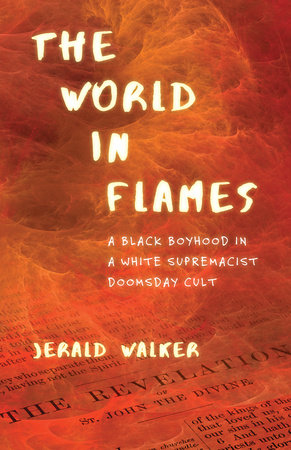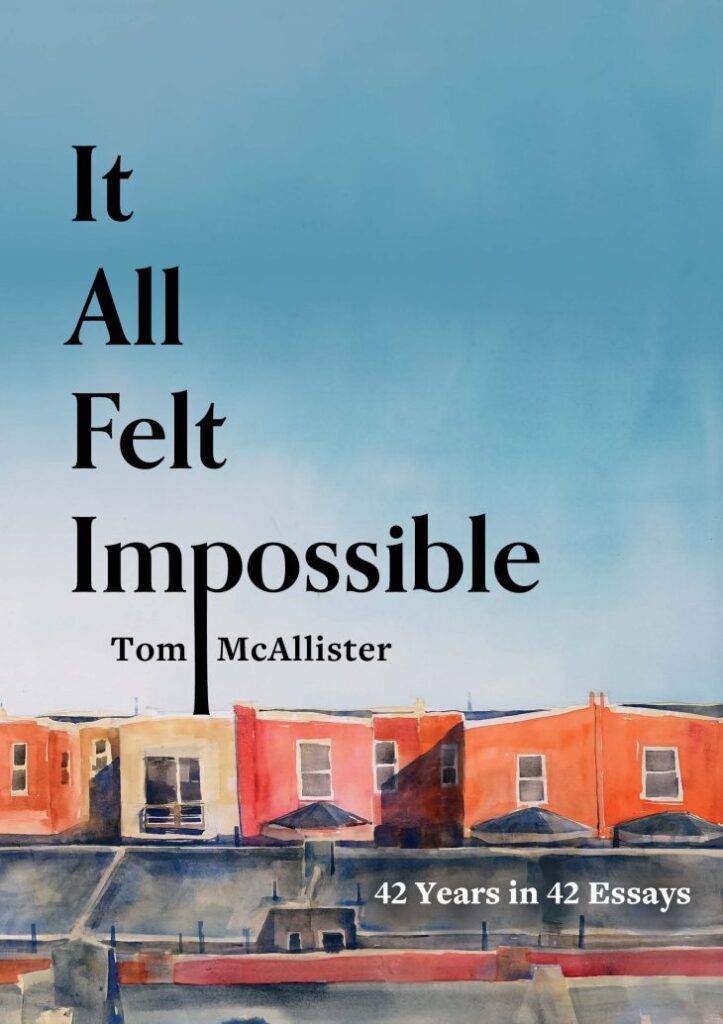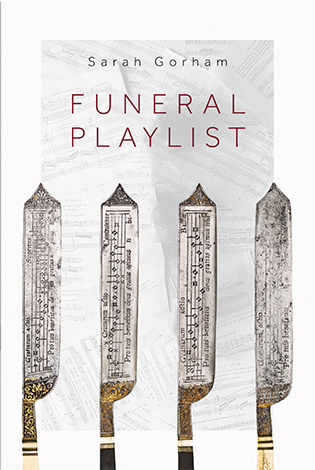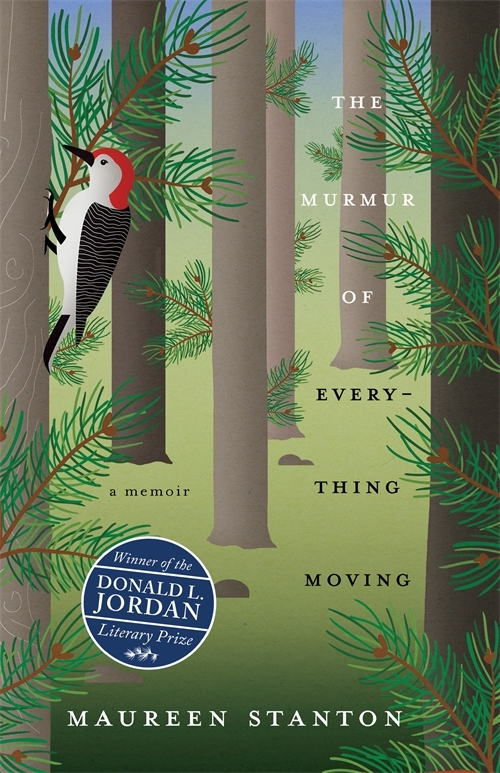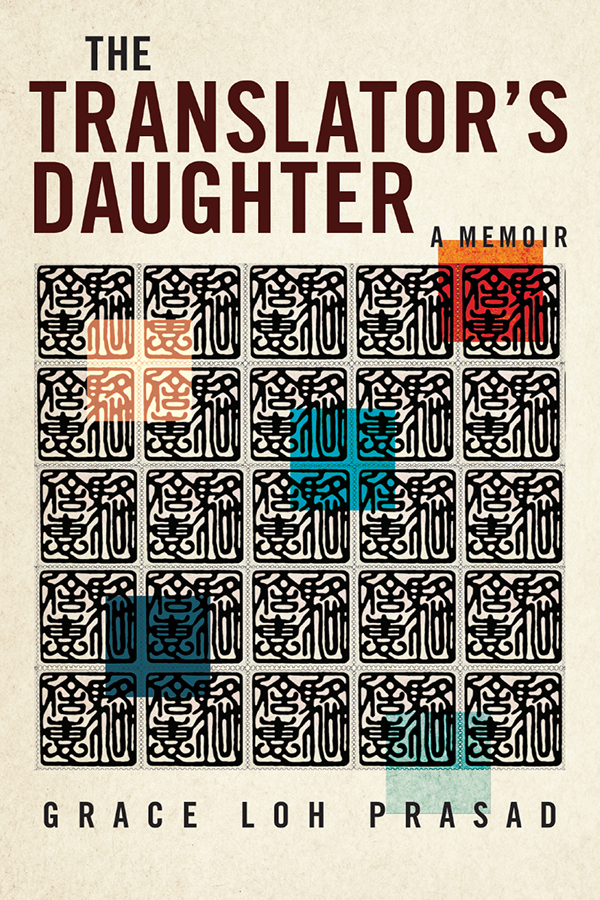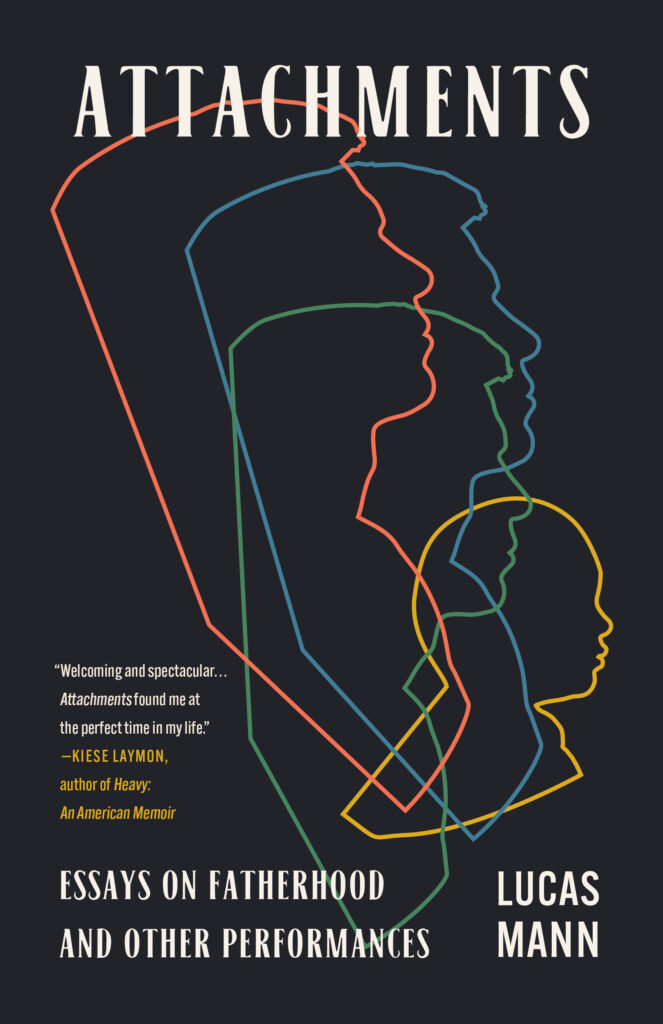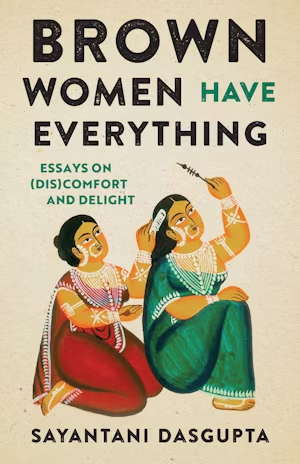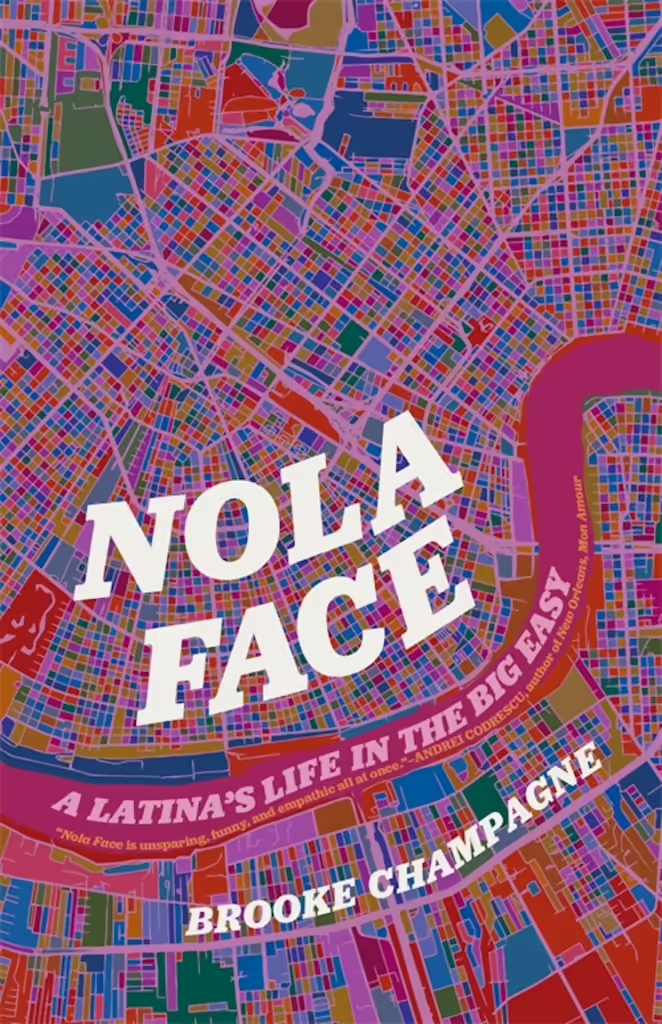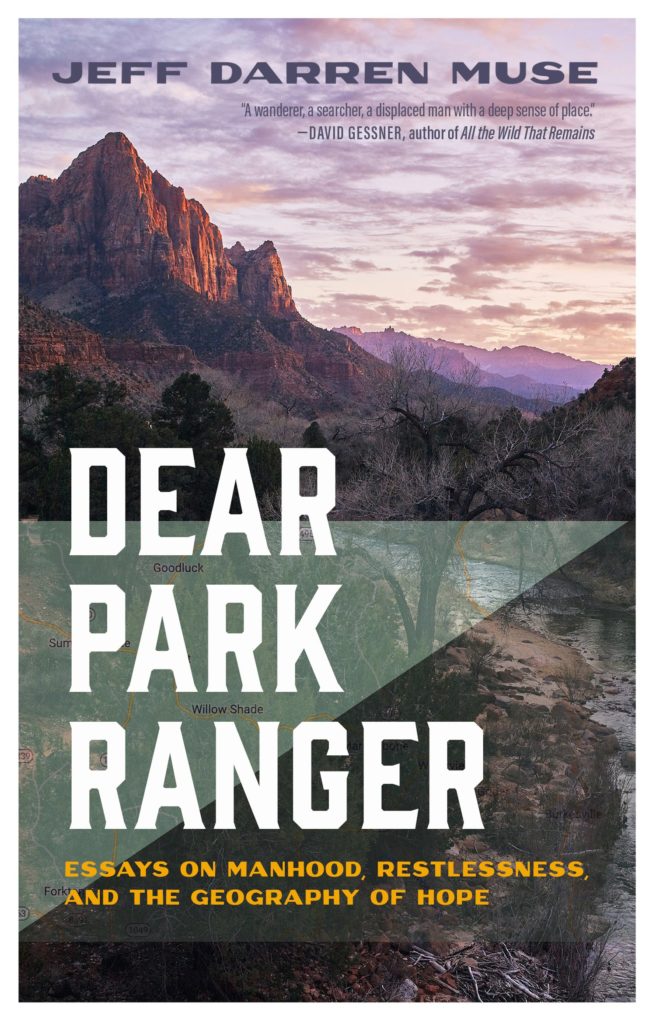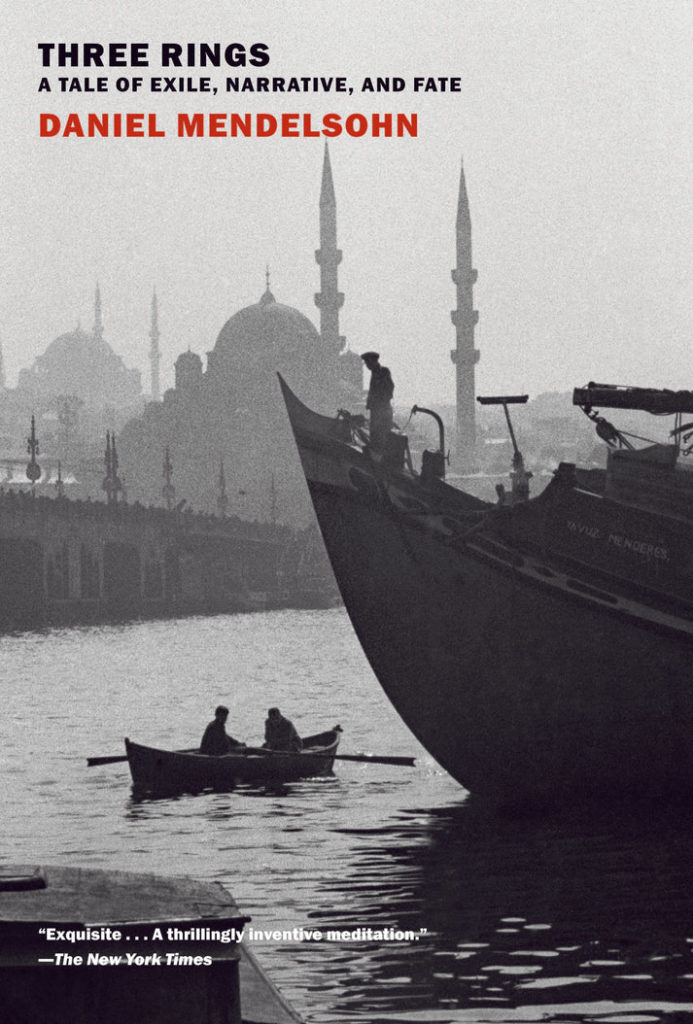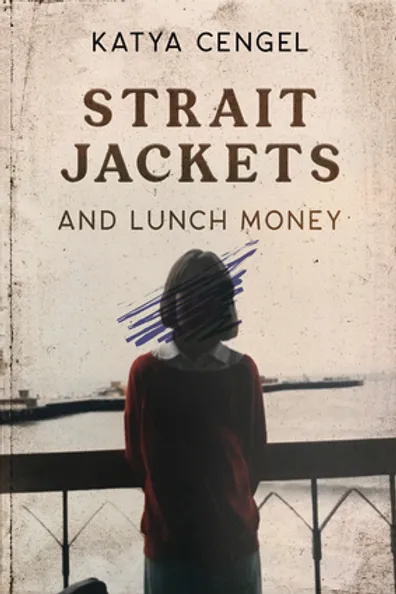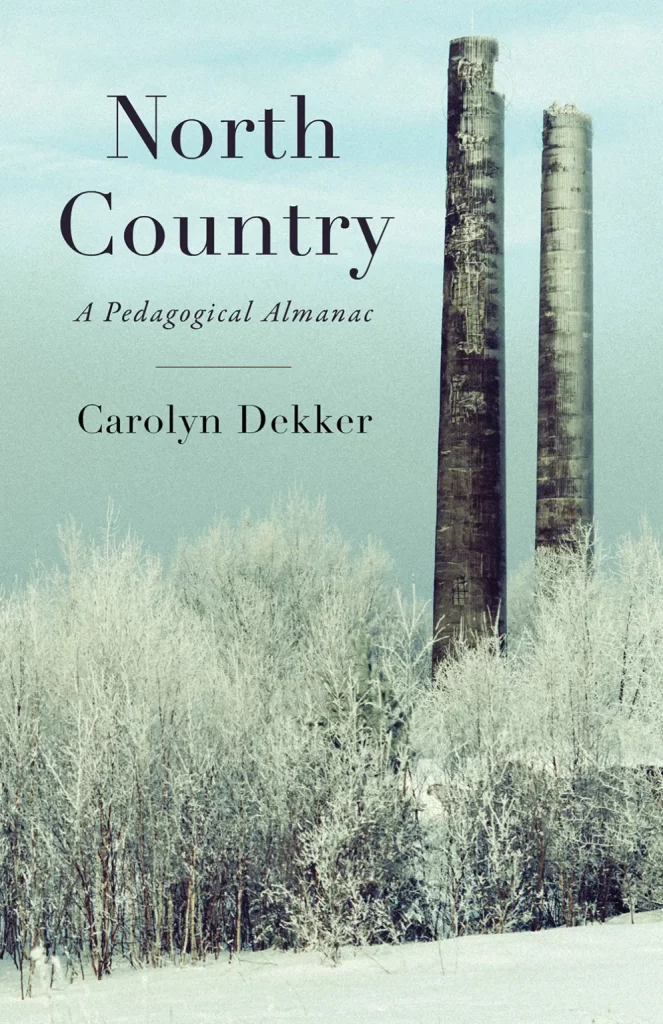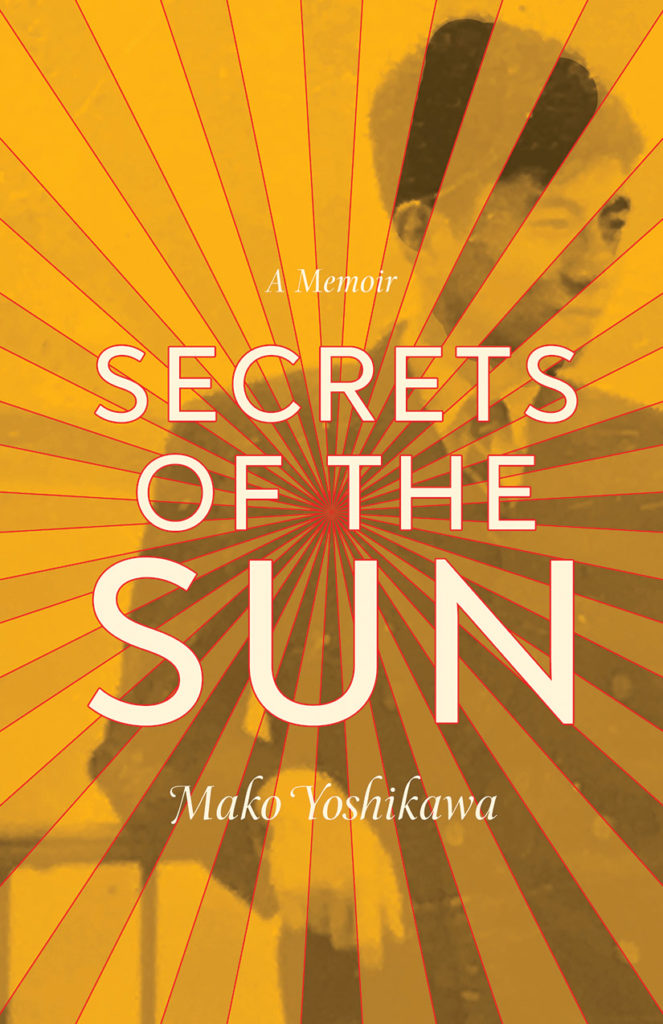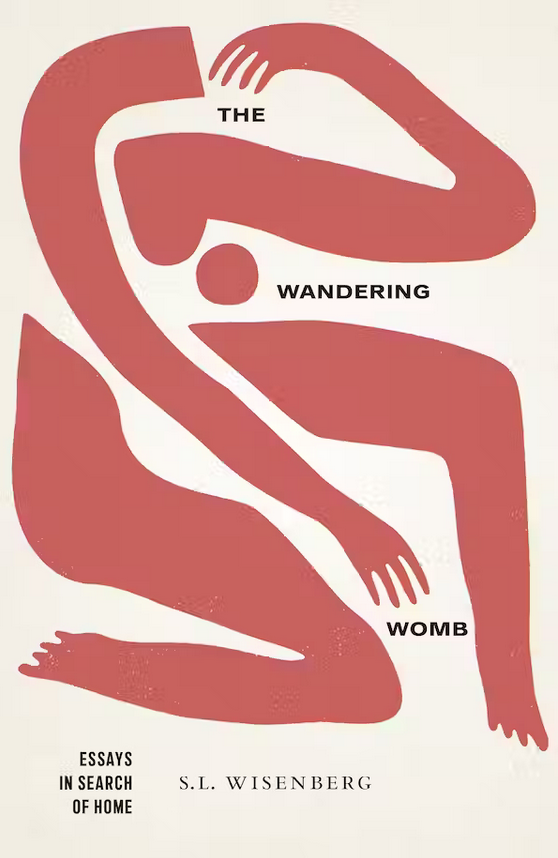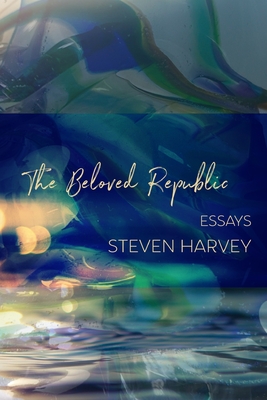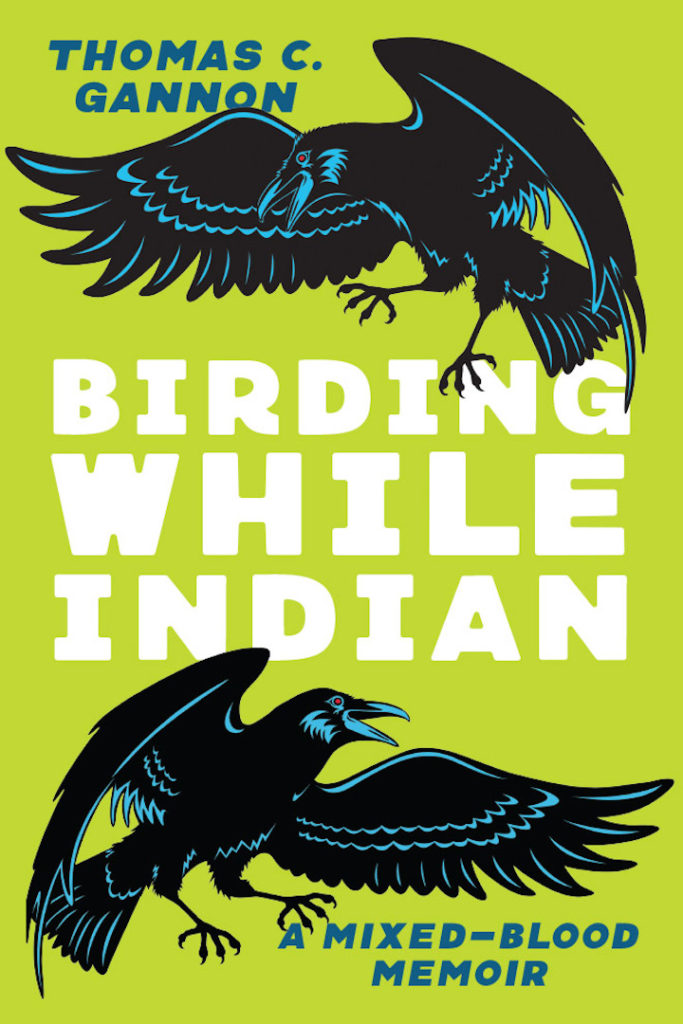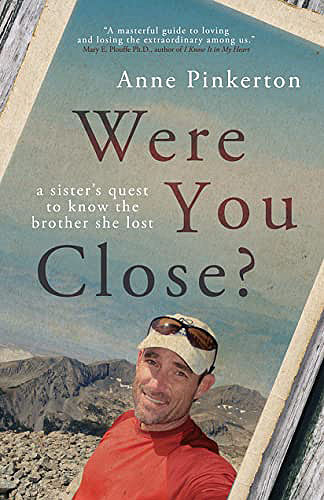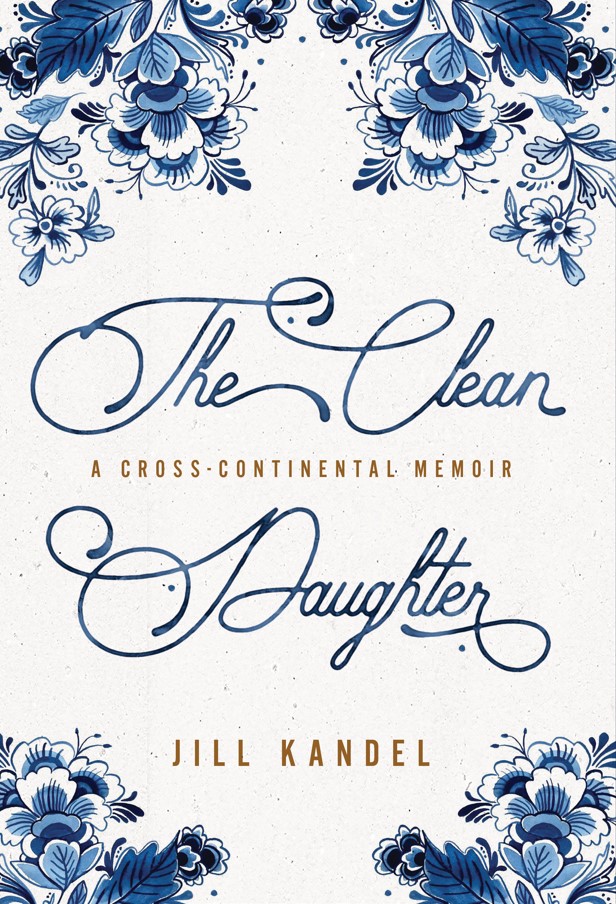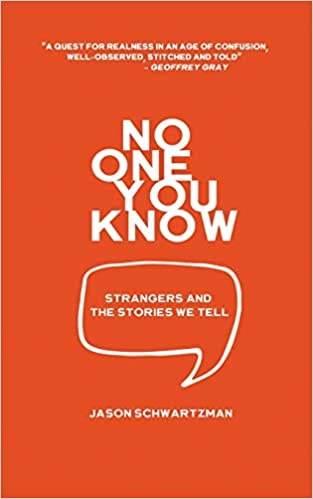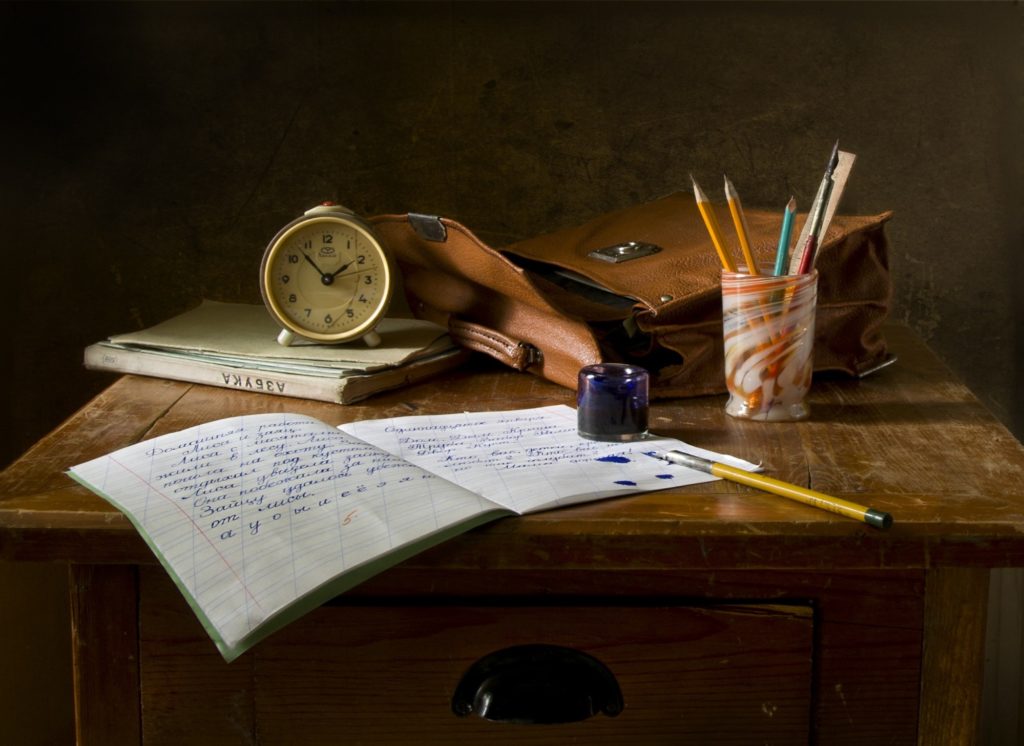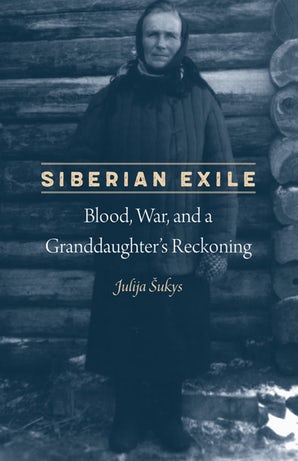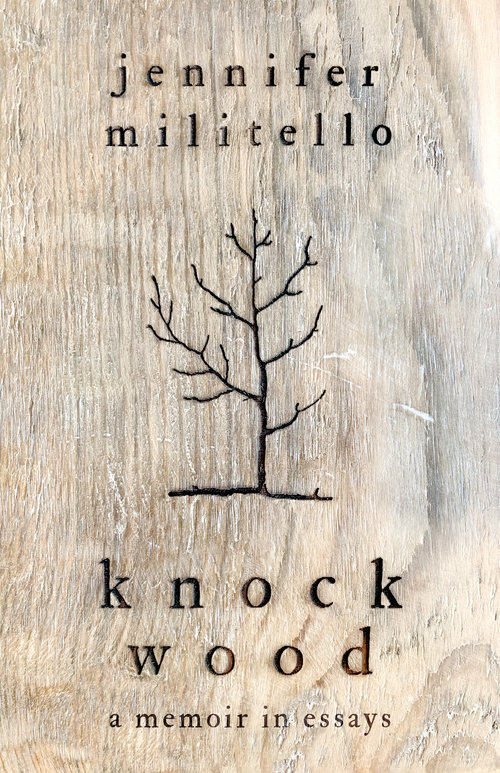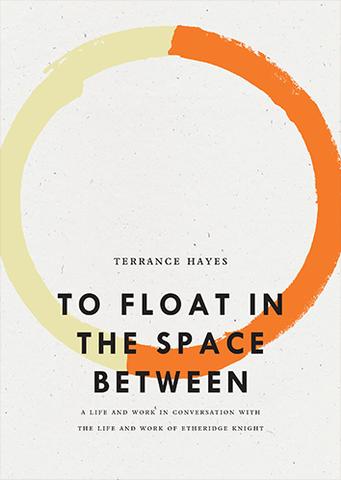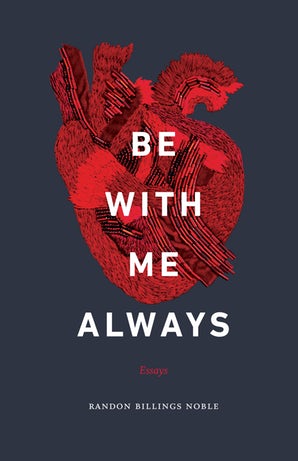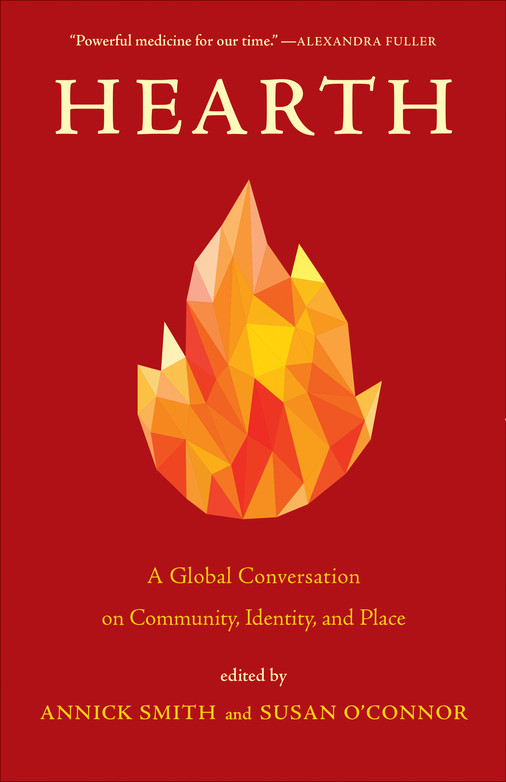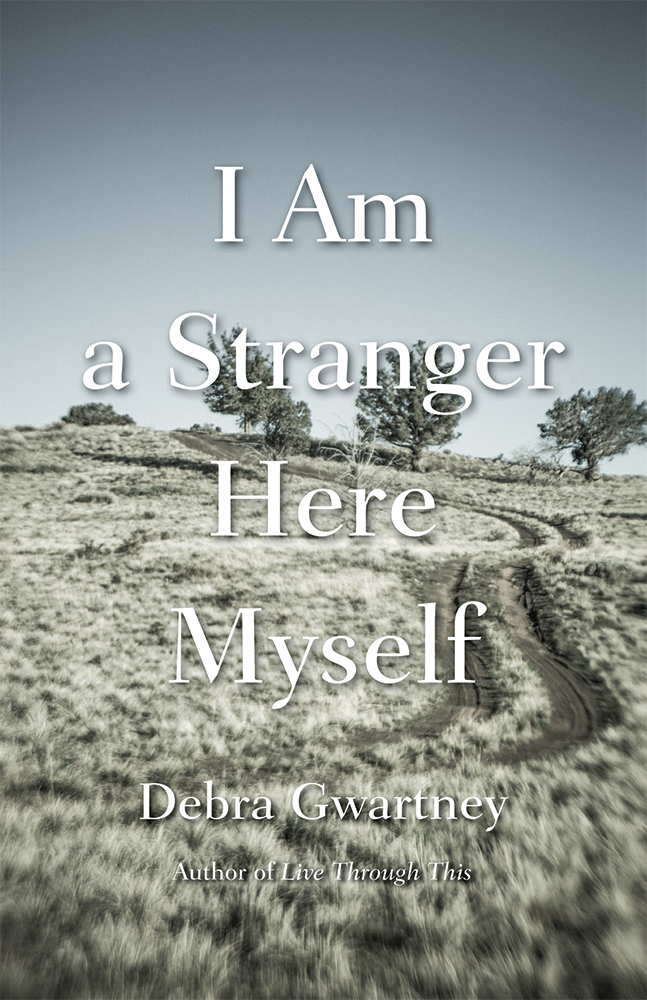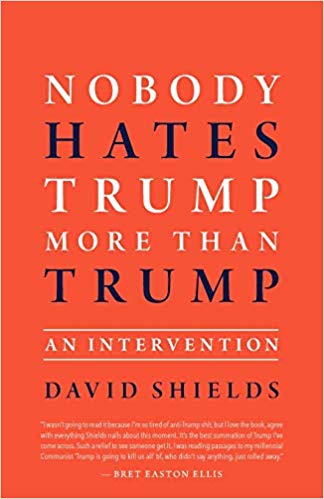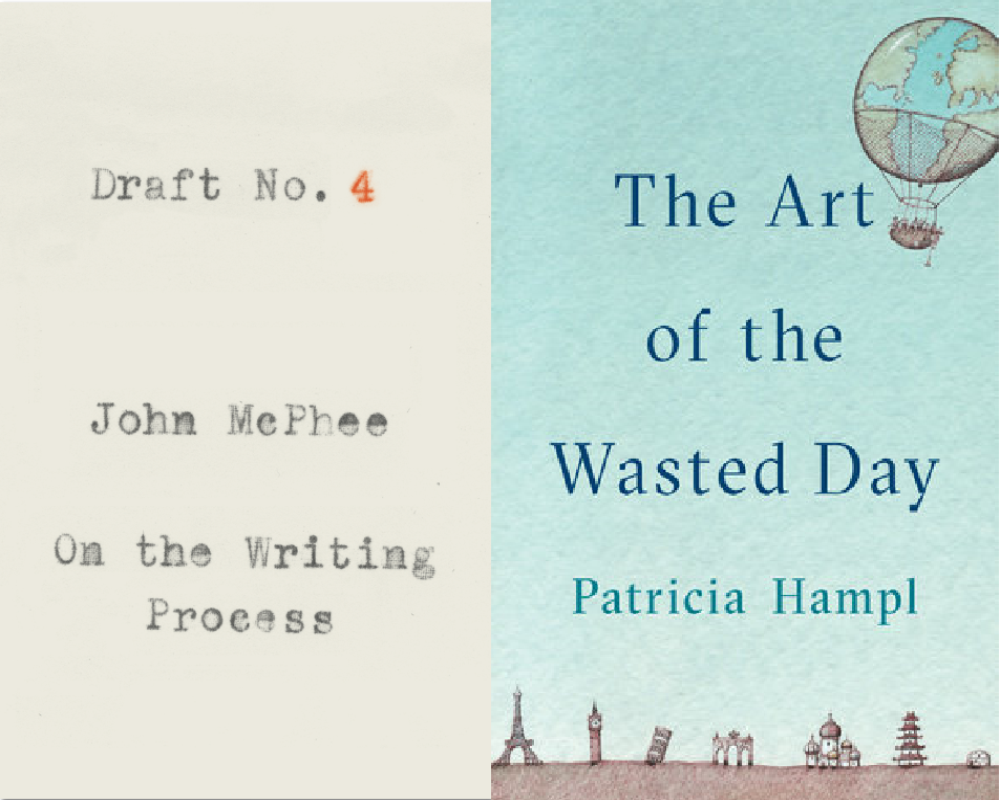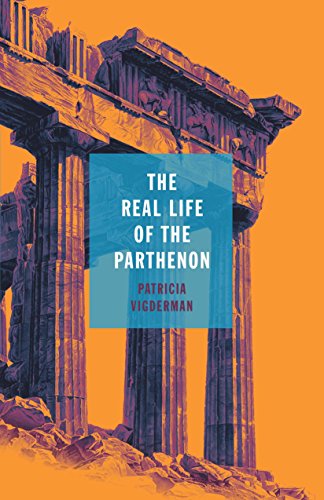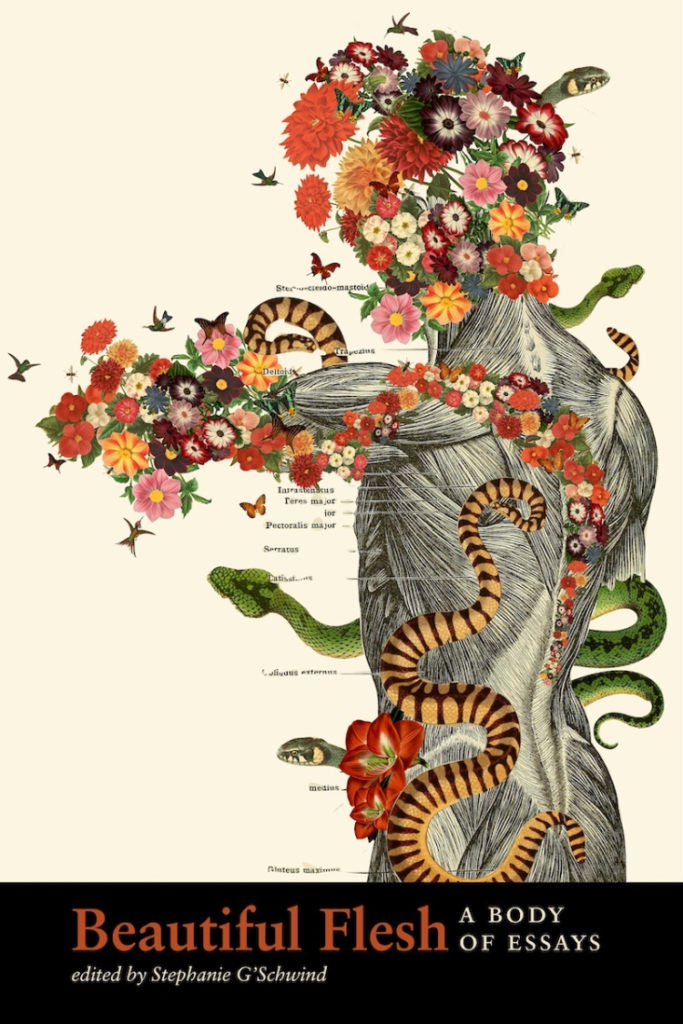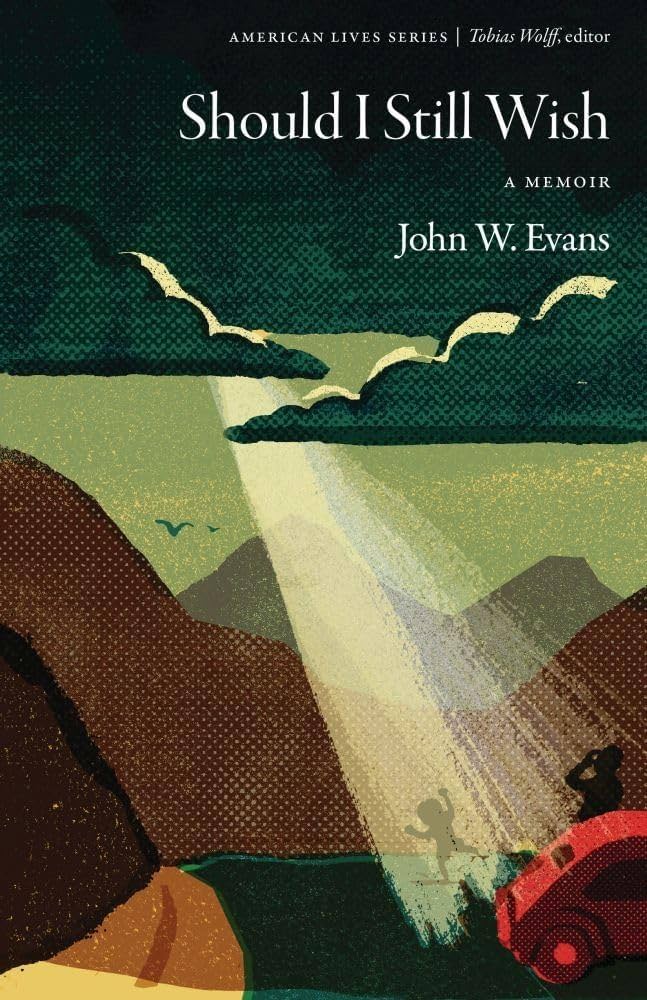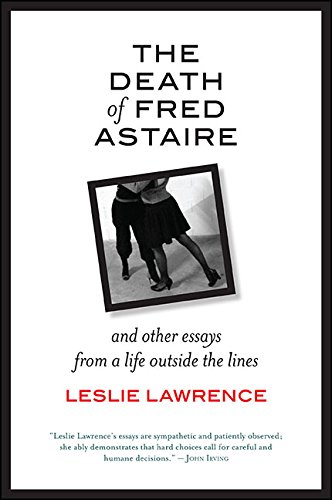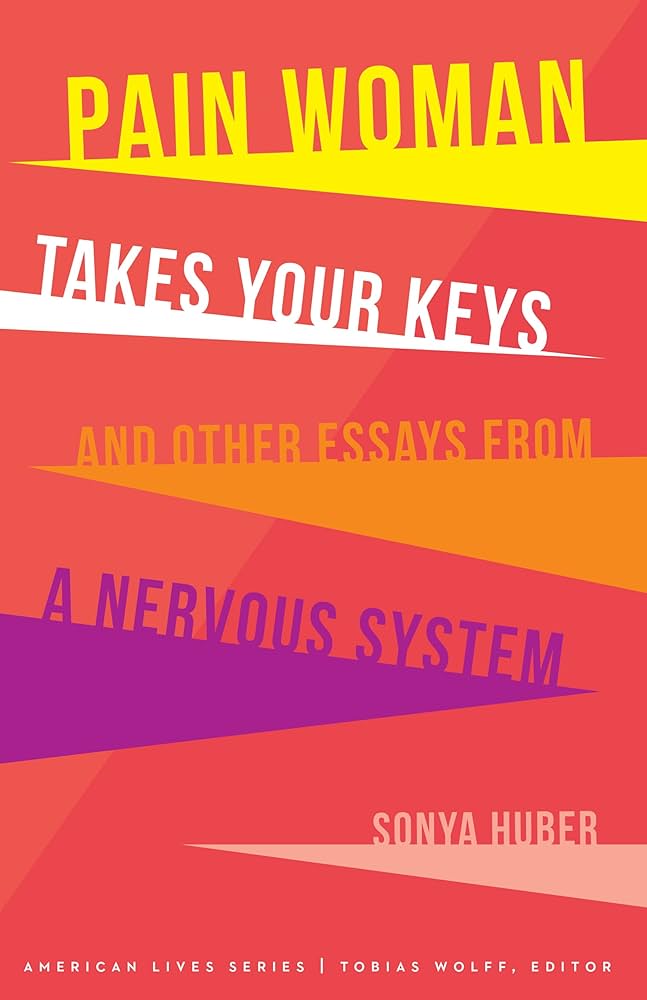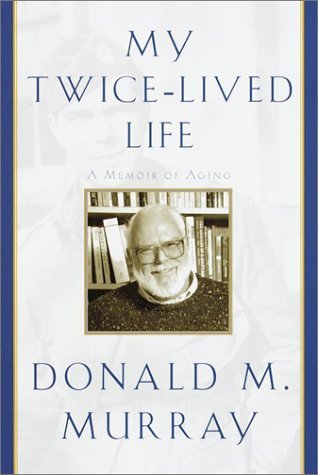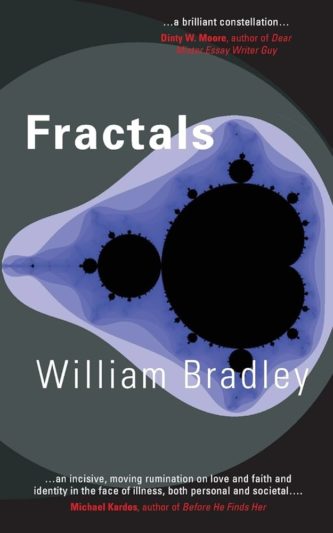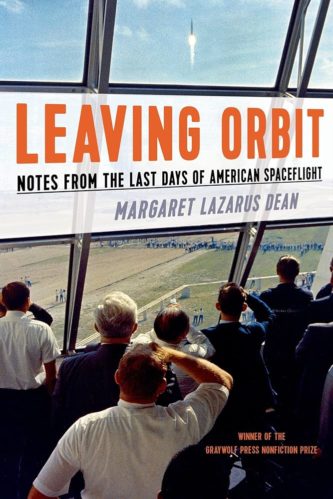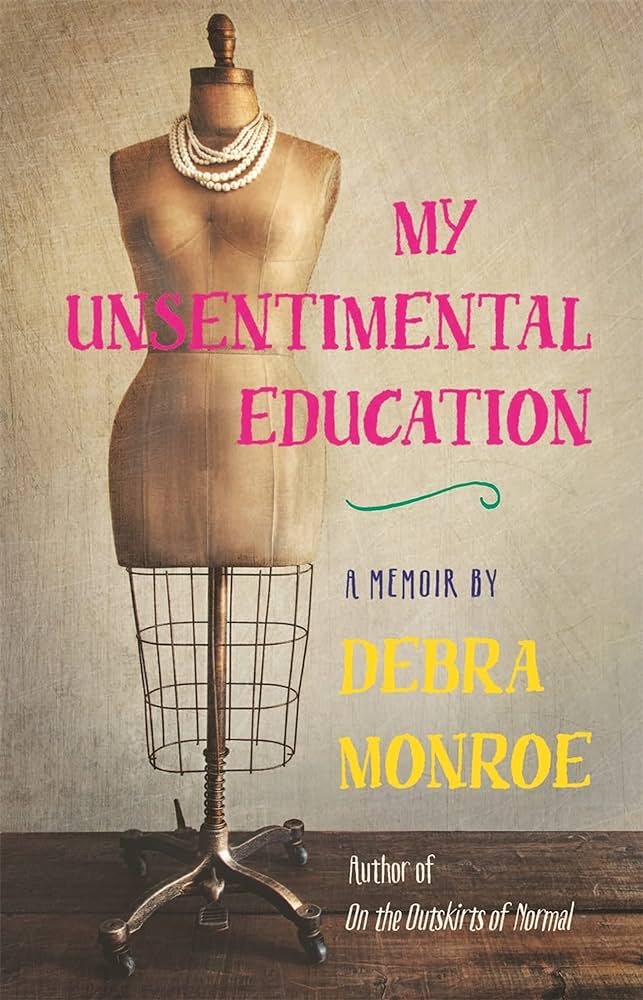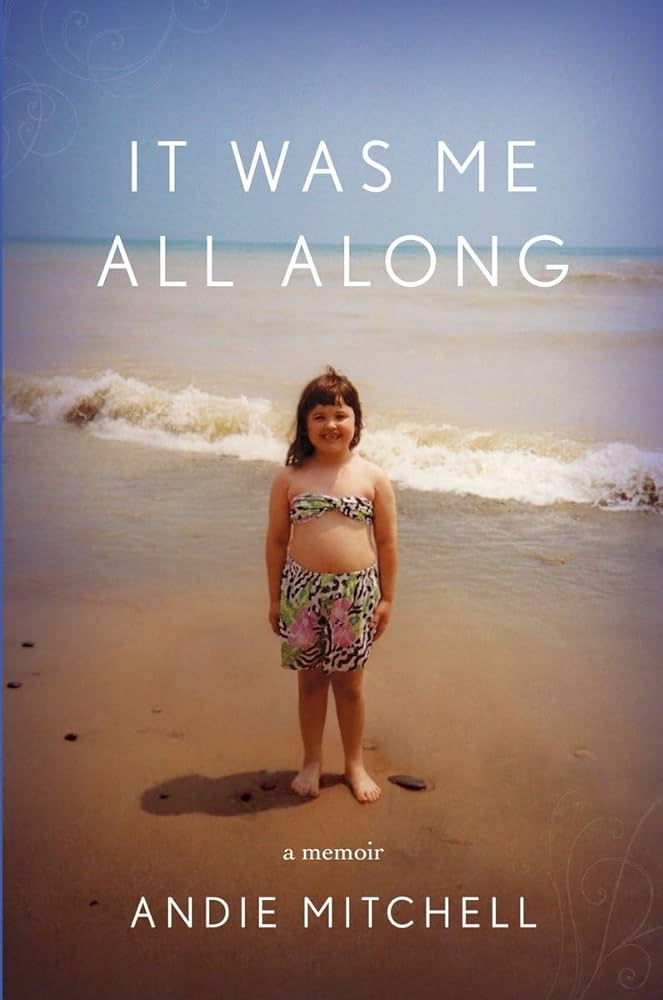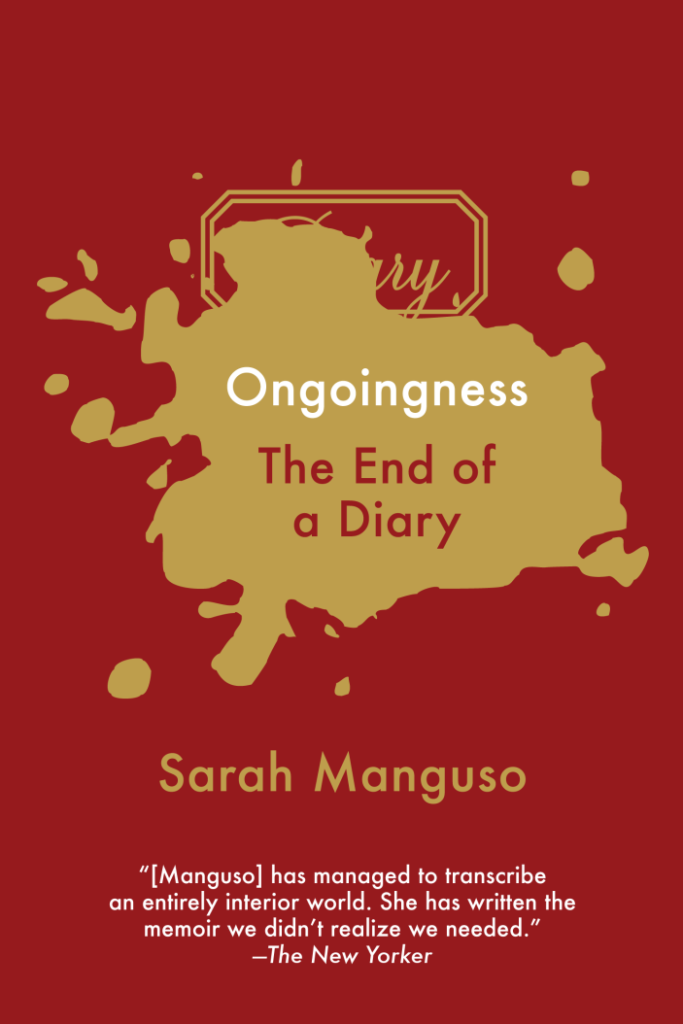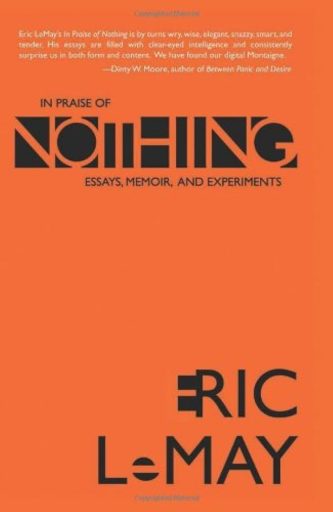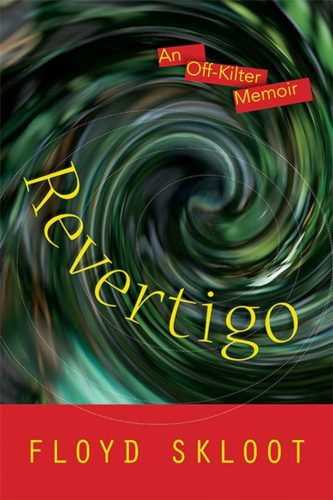By Mimi Schwartz
on The World in Flames: A Black Boyhood in a White Supremacist Cult by Jerald Walker
Memoir, in the hands of its best practitioners, enables readers to enter a world quite different from their own—and find common ground. No writer does this better than Jerald Walker, author of The World in Flames, A Black Boyhood in a White Supremacist Doomsday Cult. It is a coming-of-age story of his South Chicago life from age six to sixteen, as an African-American child with two blind, finance-strapped parents and five siblings who belong to the Worldwide Church of God that predicts global doom—and soon.
If I read that plot summary and wasn’t already a Jerald Walker fan, I might think, “Whoa, this is too far away from my life!” But I’d read Street Shadows, a Memoir of Race, Rebellion, and Redemption (named Best Memoir of the Year by Kirkus Reviews) and his essays in Best American Essays, so I knew him as a storyteller of inclusiveness, skilled at blurring the boundaries between self and others in ways that produce insight and empathy in his readers.
From page one, chapter one, I knew he’d done it again. Whoever we are—black or white, religious or nonbeliever, urban or country kid, with parents who see or are blind, literally or figuratively—we stand easily in the doorway with his opening lines: “From the hall outside my parents’ room I see my father lying in bed. My mother is on the recliner by the window. They’re both reading”—such a familiar scene—
. . . their fingers gliding across large books that I know to be scripture. My mother already has on her dark glasses, supporting my suspicion that she sleeps in them. My father never wears dark glasses, supporting my suspicion that he can see. I take a deep breath and move forward, but I get a bad feeling about what I’m about to ask, and I decide to leave. As I back away the floorboard squeaks, and my fate is sealed.
Now we are aware of differences—fingers gliding over scripture, dark glasses in bed—but immediately the floorboards squeak, the child is in the kind of trouble we remember.
By blending the normal with the unique, Walker engages us in his unusual life—and challenges the stereotypical labels we use for the “other.” A favorite example, for me, is the ballgame that he, his twin brother Bubba, and his Dad attend. Everyone looks at them strangely and the young boys squirm. What are they doing here?
The staring upsets me. It always does. That is why I never make contact with anyone when I’m in public with my parents. But now, when we reach the gate, I can’t help but look at the boy to my right who says, “There’s a blind man,” and he’s pointing. The man he’s with pushes down his arm. The boy looks from my father to me, his face full of concern, as if my own blindness is about to take hold. Sometimes I wish it were [and] I wouldn’t have to experience the embarrassment that being with my parents makes me feel. Or the shame that follows.
Walker admits discomfort and shame at his own feelings and makes me remember how often my German-refugee parents embarrassed me because they dressed “wrong” or spoke “wrong” in my version of life. Not the same; but close enough.
What does it mean to grow up indoctrinated, fearful of sin and certain of doom? Walker’s world, he is warned weekly in church, is to end by the time Walker is eleven, unless his family follows exactly what Herbert W. Armstrong preaches. Either he will be among “The Chosen” who will be saved by going by jet plane to the ancient city of Petra in Jordan and then to heaven, or he will die a terrible fate of disease and famine like his unconverted best friend Paul who he imagines is “floating downstream in the lake of fire to the waiting hands of Satan.”
It sounds like fiction, but the Worldwide Church of God had 100,000 members and raised $80 million from people like the Walkers, “more than the revenue of Billy Graham and Oral Roberts combined.” Even as Doomsday dates came and went uneventfully, the Walkers kept sending tithe money they couldn’t afford to spend until 60 Minutes finally exposed the Worldwide Church of God as cult and scam in 1979; the program showed the money was used for “Mr. Armstrong’s many homes, his chauffeurs and butlers, his priceless art and private jets. . . . Mike Wallace has put a knife into Mr. Armstrong’s heart.”
The knife also went deep into the spiritual heart of the family who so wanting to believe accepted even the Church’s racism. Blacks, a small minority, must preserve “the racial purity” of the whites, wrote Mr. Armstrong. So Tim Walker, Jerald’s older brother who wanted to become a minister and go to its Ambassador College, could probably go, he was told, if he took a vow of segregation and stayed far away from white women.
Why did the Walkers buy into all this? First, because of hope—his parents wanted their eyesight back, and the Church promised them they would receive it. Second, though not articulated by the author, is a desire for security and a sense of specialness in a racist world. When that security collapses, most of the Walker children must embrace the inner city laws of survival: to be tough in a tough world devoid of the rules that had previously governed their lives.
The book ends with Jerald, at sixteen, getting a false ID, and so to find out what comes next, read his other memoir. We do learn in the prologue and epilogue of this book that Walker eventually survives and thrives, secular and middle class: as a husband and father of two sons. We see him, his wife, and two boys climbing the hot and mountainous trail to Petra in Jordan, to the cave where, years ago, he, his parents, and siblings were supposed to wait for heaven. He climbs to prove the demons of childhood are gone, and they are, almost.
Walker tells his story in present tense, as the child trying to make sense of a bizarre world. It is the perfect way to tell this story, for not only does it help us identify with that part of his life—those squeaky floorboards—but also lets us grasp the absurdity of the worldview he keeps trying to accept.
Actually, there won’t be a cloud of mist either. I’ve come to understand that as soon as we receive a sign that the Great Tribulation has started, the Co-Workers are to sell all our worldly possessions, withdraw our money from banks, and send everything to Mr. Armstrong for the purchase of a fleet of jumbo jets. We’ll load the jets with provisions that currently cram our basements, garages, and storage sheds, like the canned goods and comic books my family has stockpiled for years.
Walker, the boy, worries that he will have insufficient comic books waiting for him in Petra; he’ll be bored. And that, I argue, is the brilliance of how Walker keeps closing the gap between “us” and “them.” Those comic-book worries are just too familiar.
The World in Flames: A Black Boyhood in a White Supremacist Cult
Mimi Schwartz’s books include Good Neighbors, Bad Times-Echoes of My Father’s German Village, Thoughts from a Queen-sized Bed, and Writing True, the Art and Craft of Creative Nonfiction. Her essays have appeared in Creative Nonfiction, The Missouri Review, Agni, The Writer’s Chronicle, River Teeth among others—and nine have been Notables in Best American Essays. She is Professor Emerita at Richard Stockton University in New Jersey.

